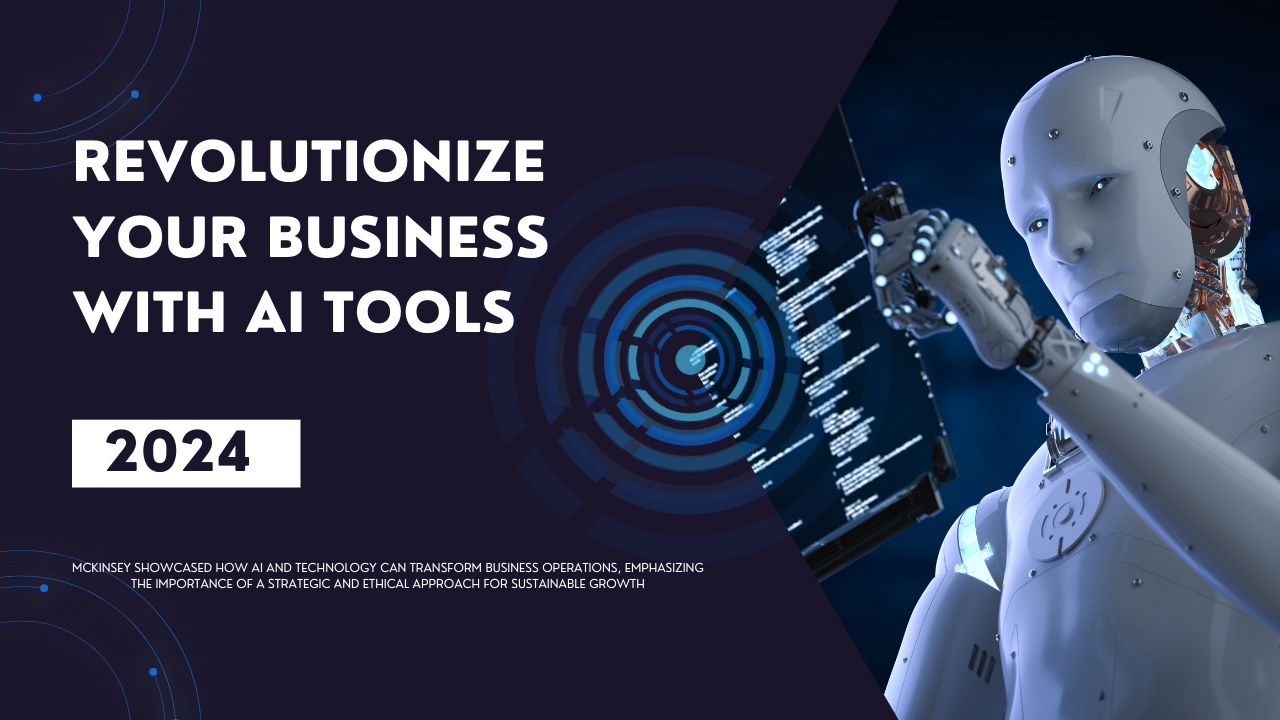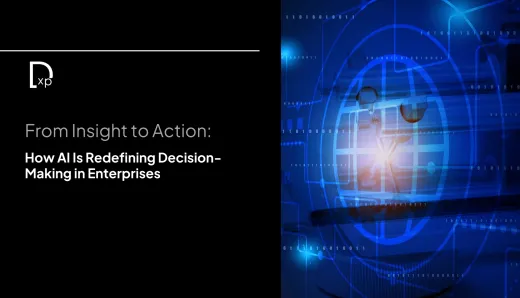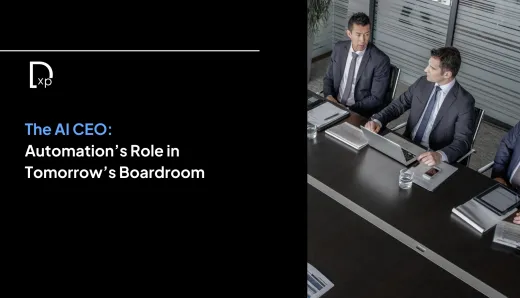McKinsey Vision at Dreamforce: Transforming Business with AI

Dreamforce is one of the most important events associated with a tech company, and it brings leaders from all over the world related to this field. Dreamforce has a cutting-edge discourse about the future of AI, technology, and business. Every year, it attracts thousands of attendees with the same goal in mind: to see how technology can be used for social good and business betterment.
McKinsey & Company appeared as the Sixth Firm Tote with its depth and breadth in strategy and tech consulting at Dreamforce Having been in the business of helping organizations unlock growth and spark innovation for many decades, McKinsey offers key insights into new artificial intelligence trends we are seeing because they tell us how things now work differently than before AI and digital transformation. One way that CTOs help brands is to guide companies safely through intricate digital ecosystems, enabling them to utilize technological improvements in pursuing strategic goals.
Why Dreamforce is a Key Platform for AI and Tech Leaders
As a leading platform for AI and tech leaders, Dreamforce is an indispensable event of Salesforce with prominent discussions on trendsetting topics in the industry around innovation as well as collective solutions. The four-day event brings together a global group of executives, developers, and IT enthusiasts for insights into the latest breakthrough AI technologies, cloud advancements, and CRM tools.
Acting as a landmark forum for thought leadership, Dreamforce features keynote speakers like Salesforce CEO Marc Benioff and other C-suite management unveiling groundbreaking products and ideas. AI especially, as Salesforce trials out advanced AI tools that have no doubt been at the center of recent texts around generative AI modules More than just an opportunity to display products, Dreamforce encourages networking and collaboration that lets attendees share thoughts and establish powerful partnerships.
McKinsey’s Vision for AI and Technology in Business

Market reports like McKinsey & Company predict “tech-enabled growth” as the foundation of competitive advantages, where AI and technology are key ways for businesses to drive transformation. Their philosophy focuses on utilizing AI to gain operational efficiencies, enhance customer experiences, and tap into new revenue channels. In a way to further push businesses toward adaption, McKinsey is advocating pragmatism around digital transformation leveraging AI and technology for scale + probe/pragmatic approaches of automation/predictive-informs/optimized-decision-making across the value chain.
They implement tailored strategies for different industries, to get the most impact. It can help make diagnoses and create personalized treatment plans in healthcare, or improve risk management and fraud detection cases with finance. Retail, for example, has AI-driven recommendations and inventory optimizations for customer satisfaction and lower costs. Cross-industry frameworks such as theirs also provide evidence that by incorporating AI and technology appropriately, the business can realize value over a long period of time.
Key Insights from McKinsey’s Sessions at Dreamforce
At Dreamforce 2024, McKinsey highlighted transformative approaches to leveraging AI, data, and automation to drive sustainable business value. Major themes included data-driven decision-making and AI innovation to enhance daily operations, with a strong emphasis on ethical AI and future-ready workforce automation.
McKinsey’s AI co-pilot solutions showcased at Dreamforce offer real-time enhancements for processes in marketing and sales, effectively transforming customer interactions and driving efficiency in industries like cement manufacturing, where AI streamlines order management through mobile and conversational AI solutions.
McKinsey stressed sustainable tech adoption, emphasizing that impactful AI investments require strategic alignment with organizational culture and workforce capabilities. This approach bridges gaps to ensure that technology investments deliver measurable long-term value rather than short-term gains, underscoring McKinsey’s commitment to helping businesses use AI responsibly to fuel growth and resilience over time
Delivering on the Promise of AI and Tech by McKinsey
McKinsey & Company has been pioneering the use of AI and technology for driving major changes in industries across sectors as NSArrayed commerce is an absolute strategy. A major client, in the retail sector, implemented McKinsey's AI solution to improve the management of inventory. The retailer, through employing highly sophisticated predictive analytics into the business significantly reduced its stockouts by 30% for better sales performance and customer satisfaction.
One illuminating case is the healthcare arena: here McKinsey was assisting a large hospital network with AI-infused scheduling systems for patients. A result of this was a 20% decrease in waiting times, not only improving the patient experience but also greatly increasing operation efficiency.
Regarding the main lessons learned from these cases, it is necessary to have a close alliance between AI and Business objectives as being one of them, innovation culture which will permeate many organizations through further advances in Artificial Intelligence Production Systems (AIPS) projects. This will only be achieved through consistent data governance, and the ongoing recalibration of strategies to make AI truly deliverable in terms of long-awaited business value.
Ethical AI and Responsible Innovation
Ethical AI and responsible innovation are crucial as artificial intelligence technologies become integral to various sectors. McKinsey emphasizes the need for responsible AI practices by advocating for frameworks that prioritize ethical considerations in AI development and deployment. Their approach underscores the importance of aligning AI initiatives with societal values and organizational ethics, ensuring that technology serves the greater good.
McKinsey highlights several methods to uphold data privacy, fairness, and transparency in AI solutions. This includes implementing robust data governance frameworks, utilizing techniques such as differential privacy to protect individual data, and ensuring diverse training datasets to mitigate bias. They also advocate for transparency through explainable AI, which allows stakeholders to understand AI decision-making processes. By prioritizing these principles, McKinsey aims to build trust in AI technologies and foster an environment where innovation is balanced with ethical responsibility, ultimately enhancing the societal impact of AI.
The Future of AI and Technology According to McKinsey
McKinsey claims that the future of AI and technology is going to massively change in business operations, and plans. McKinsey projects that AI will augment decision-making, boost productivity, and spawn new incantations of innovation across verticals even as generational investments in many AI startups are expected to rise by 2025 . Quantum computing and edge AI are among the new technologies mentioned as potentially game-changing, due to their ability to speed data processing and allow real-time analytics leading to improved business decisions and high customer experience.
To weather this technology-driven future aside from adopting a proactive approach in incorporating AI within their spheres, businesses are also highly advised to pour efforts and resources into talent development, continuous learning, and innovation. McKinsey makes it clear that to remain at the cutting edge of future business models, companies must be dynamic and adaptable by harnessing AI and emerging technologies for competitive advantage in order to thrive in a constantly changing technology environment.
In summary, at Dreamforce, McKinsey highlighted AI and technology's transformative role in business. Key insights included AI’s ability to drive efficiency, improve customer experiences, and create new revenue streams. Companies were encouraged to adopt a strategic, responsible approach to AI that prioritizes ethics alongside innovation for sustainable success. As organizations plan for the future, thoughtful integration of AI is crucial. Embracing these innovations offers competitive advantages but demands continuous learning and adaptation. Leaders should seek actionable steps to effectively embed AI into their business models.
Stay ahead of the curve in AI and technology by subscribing to digitalexperience.live. Our content will keep you informed on how to integrate cutting-edge innovations responsibly and strategically, driving growth and efficiency in your organization. Don't miss out on exclusive tips and strategies to elevate your business! Join our community of forward-thinking leaders today—subscribe now and embark on your journey toward sustainable success!
FAQs
1. What were McKinsey’s key insights on AI at Dreamforce?
McKinsey highlighted that AI can streamline operations, enhance customer experiences, and unlock new revenue streams. They advocated for a strategic and responsible approach to digital transformation, emphasizing the importance of aligning AI initiatives with organizational goals.
2. How does McKinsey suggest businesses implement AI technologies?
McKinsey recommends leveraging AI for automating processes, gaining predictive insights, and optimizing decision-making across the value chain. Tailoring strategies to specific industries helps maximize the impact of AI solutions.
3. Why is ethical AI important according to McKinsey?
Ethical AI is crucial to ensure that AI technologies align with societal values and organizational ethics. McKinsey emphasizes the need for frameworks that uphold data privacy, fairness, and transparency to build trust in AI solutions.
4. What future trends in AI did McKinsey predict?
McKinsey predicts that AI investments will double by 2025, with emerging technologies like quantum computing and edge AI significantly enhancing decision-making and customer experiences. Organizations are encouraged to adopt agile strategies to stay competitive.
5. How can companies ensure successful AI adoption?
McKinsey suggests that businesses foster a culture of innovation, invest in talent development, and implement robust data governance. Continuous monitoring and alignment with business objectives are essential for delivering long-term value from AI initiatives.



